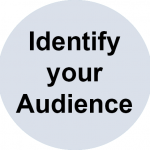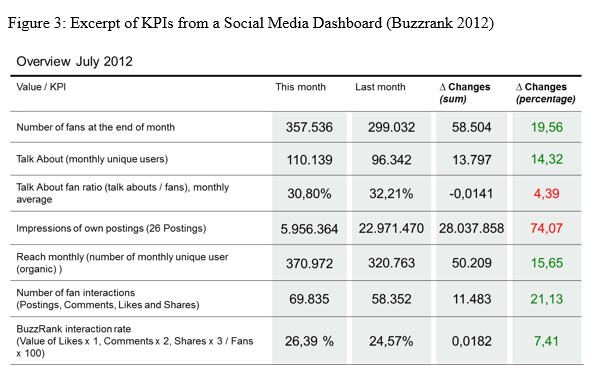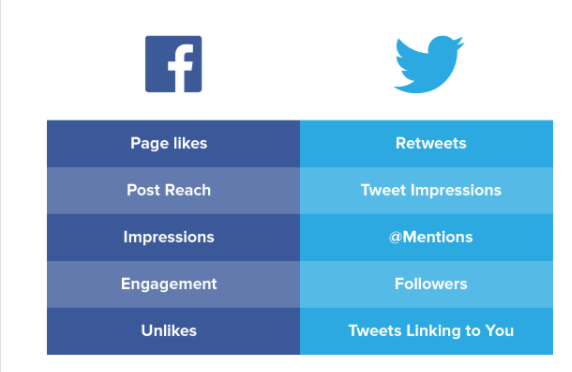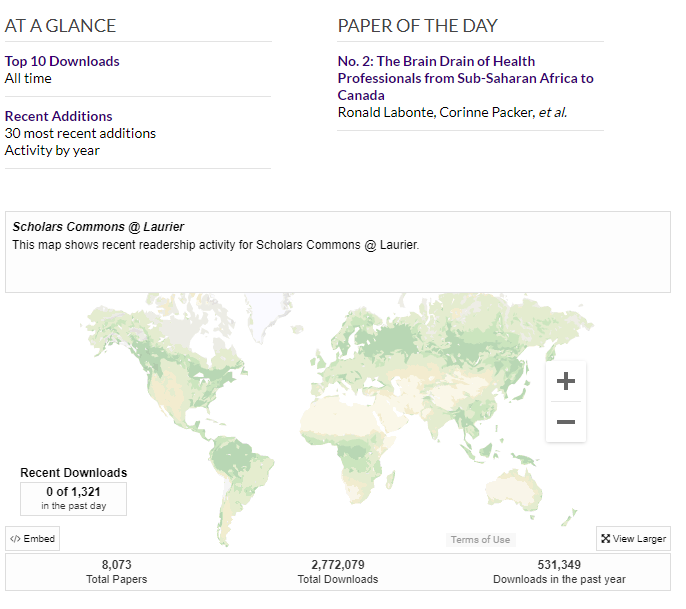99 Social Media | Planning your Social Media Strategy | How to Measure Success of the Goal





Measuring what you are trying to achieve is important to see if your efforts are paying off. Many social media platforms provide detailed analytics that measure performance. Here is an example of a dashboard recording changes in measurements over a specific time period:

Key performance indicators of that goal and how they can be measured. Examples:
| Key Performance Indicator (KPI) | How to Measure |
| Increase in followers over time | Track KPI at regular intervals |
| Number of shares, ‘likes’, clicks on a particular post | Track KPI at regular intervals |
| Number of clicks to website or downloads of a particular resource | Assign a unique URL to a resource when you share it (i.e. bit.ly URL) |
| Number of comments on a post | Count them and track over time |
| Use of your unique hashtag | Use a social metrics tracking tool or count over time. |

(Suggested measures for Facebook and Twitter)
Tip: Find out if your institution has a team that can provide analytics about your work on your institutional website.
To understand further how your social networks are accessing your content, and how effective your social media plan is, install analytics on your website. This will allow you to find out how many visitors your website has, where they come from, what parts of your website they look at, and for how long. This information can be valuable in locating your research on your website and how effectively you are directing traffic to your website.
The open access institutional repository hosted by the library at Wilfrid Laurier University displays a good example of the download analytics from the repository.


